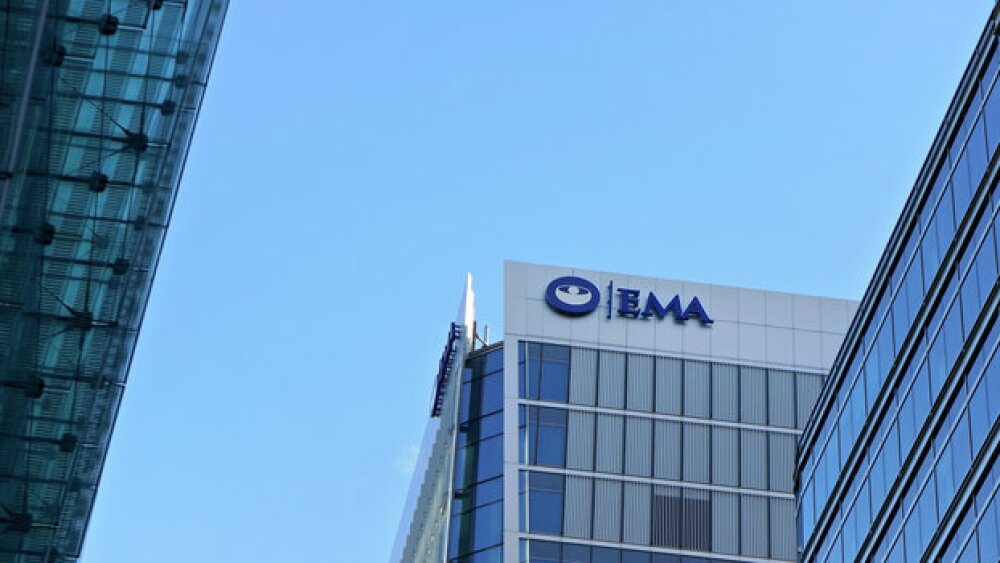The European Medicines Agency is looking into how Novo Holdings’ recently announced $16.5 billion acquisition of contract manufacturer Catalent might affect the availability of drugs.
Pictured: The European Medicines Agency’s former office in London after relocating due to Brexit/iStock, Lubo Ivanko
The European Medicines Agency is investigating the potential impacts that Novo Holdings’ $16.5 billion acquisition of contract manufacturing giant Catalent will have on drug supply, according to reporting Wednesday by Reuters.
Under its mandate to monitor drug supplies, the EMA’s Medicine Shortages Single Point of Contact Agency will work with member states to identify products manufactured at sites affected by the deal, as well as determine the potential impact of the merger on the “availability of these medicines,” the agency said in a statement to Reuters.
The EMA did not name the specific drugs that will be part of its investigation.
On Monday, Novo Holdings—the investment arm of the Novo Nordisk Foundation—acquired contract development and manufacturing organization Catalent for $16.5 billion in cash. The same day, Novo Nordisk bought three of Catalent’s fill-finish sites from Novo Holdings for $11 billion. Together, these three facilities employ over 3,000 staff in Belgium, Italy and the U.S.
The acquisition has not yet closed—the companies plan do so toward the end of 2024, subject to regulatory and anti-trust clearance, as well as the approval of Catalent’s shareholders—but some stakeholders have raised questions about the deal, particularly regarding existing contracts.
Eli Lilly CFO Anat Ashkenazi said during the company’s fourth-quarter and full-year earnings call on Tuesday that Catalent is an “integral” manufacturer of both commercial and pipeline products not just for Lilly but for the industry at large.
“We have products at these sites as well” such as diabetes and obesity drugs, Ashkenazi said, adding that “we intend on holding Catalent accountable to their contract with us.”
Sam Dodge, equity research analyst at RBC Capital Markets, told BioSpace that the acquisition will likely not affect contracts at other Catalent sites, and even those in the three facilities bought by Novo Nordisk would most likely remain in place for several years.
A Novo Nordisk spokesperson confirmed with BioSpace in an email that it plans on retaining all 3,000 employees at these three sites, as well as honoring their existing contracts.
The EMA’s inquiry into the Novo-Catalent deal comes as global markets grapple with drug shortages, particularly for GLP-1 receptor antagonists indicated for type 2 diabetes and chronic weight management.
Last week, the World Health Organization put out a warning for counterfeit products flooding the market, which it says is driven in large part by this shortage. Fake GLP-1 receptor agonists can be less effective than the genuine products and can lead to toxic side effects, according to the WHO.
Tristan Manalac is an independent science writer based in Metro Manila, Philippines. Reach out to him on LinkedIn or email him at tristan@tristanmanalac.com or tristan.manalac@biospace.com.






